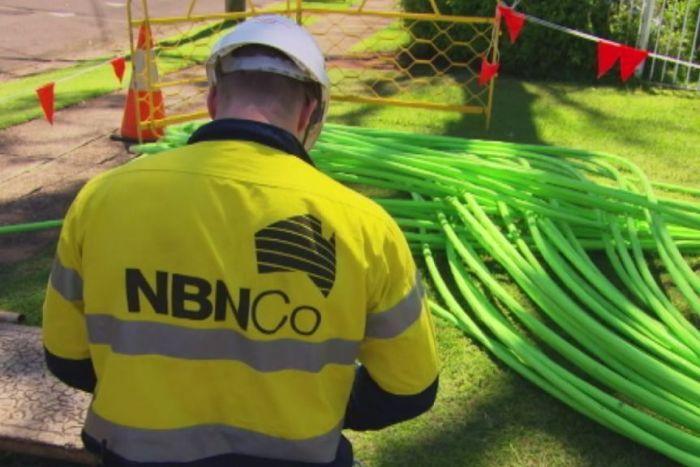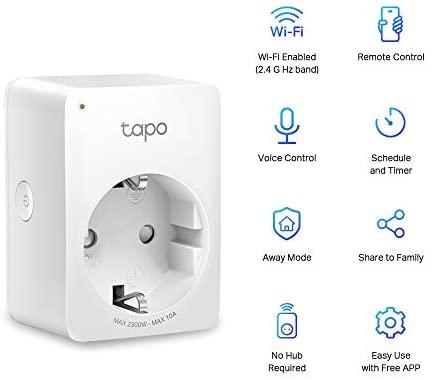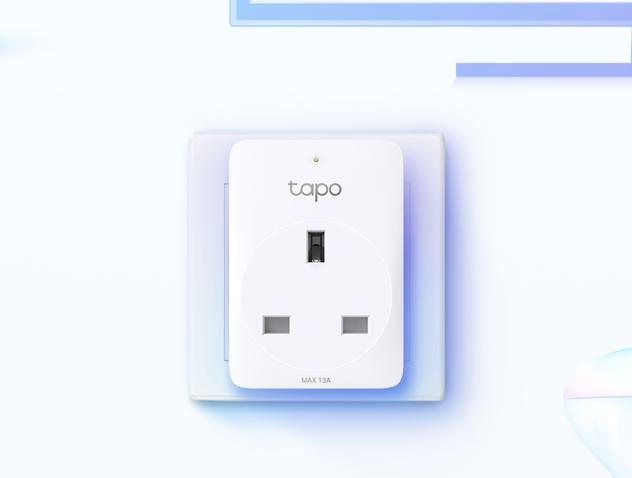How to: Keeping your NBN running during a power outage
In our modern age of connectedness, we feel increasingly disconnected when the internet doesn’t work, and if you suffer a power outage, everything without a battery in your house will pretty much stop working.
Annoyingly, this includes your NBN connection, your WiFi, and most of your gear. However, if you’ve got a charged mobile device, iPad or laptop you’ll either be using your 4G/5G connection or doing without.
However, surely there’s a way to keep your NBN going even if your power drops out for a while. There is, and here’s a couple of options to keep you connected while you sit in the dark.
Grab a UPS
This is the most obvious solution, and it’s really rather easy to do.
Fortunately, your router/WiFi and your NBN modem (if you need one) don’t draw an awful lot of power, so you can run them on a UPS for quite a while if you choose the right one. This will keep your internet connection online with WiFi so you can continue to stay in touch on your battery powered devices.
Depending on how your NBN is connected, you’ll need to plug a few things into your new UPS:
Before we go into sizing a UPS for your gear, there’s one important thing to remember – most NBN access technologies require power at some point too. If there’s a suburb wide outage, there’s a good chance your FTTN / FTTB will stop working once the batteries in the local node go flat… but by the time that happens, your UPS will be dead, too.
For FTTC and Fibre, you don’t need power in the street to run your connection – as long as your local POI has power (which, hopefully, it will) you can stay online as long as your UPS lasts.
For HFC, there may be powered repeaters near your home that mightn’t work without power … so your mileage may vary.
Picking the right UPS
This is where things get a little tricky; you need to know the power draw for what you’re putting on the UPS so you can estimate how long it will last.

You can usually work this out by looking at the power supplies for your equipment:
Your own modem/router power draw will of course vary a bit – look at the power supply and calculate as above what it will use.
For most typical households, you should be able to power your NBN connection device (if required) and your own modem/WiFi router with about 30-40 watts at most.
Then, it’s a simple matter of working out how long you’d like your UPS to last, and picking one with enough power and battery capacity.
Most UPS manufacturers have a “sizing guide” on their websites, but you can safely go with a fairly small UPS rating for just your NBN gear – 30 to 40 watts isn’t an awful lot of power.
It’s more the battery capacity you’ll need – that determines howlong it can supply the power for; the rating merely determines howmuch power it can supply.
Take APC’s Smart UPS 620VA model – it can supply way more power than is required for your NBN gear, but crucially, it has a decent sized battery inside, so if you’re only planning on drawing very little power – which your NBN gear does – it will last up to two hours or so.
If you start getting adventurous and putting some other load on your UPS – such as a home media server, a switch, or some other gear – that run time is going to decrease pretty quickly. With just 150 watts load, that same UPS will last just 20-25 minutes.
Need to last longer?
Generally speaking, a UPS is designed to keep essential equipment running for long enough to shut it down safely; hence, most UPS applications really only need to last 5-10 minutes.
To use longer term, you’ll need something a bit more sustainable.
I’ve seen UPS hacks that daisy chain a few marine batteries to get a day or two’s runtime, but that’s not only dangerous (batteries can leak) but it requires a bit of electrical work to put it together – something best left for those who know precisely what they’re doing.
Instead, if you know you’re going to be without power for a while, the best thing you can do is invest in a small generator. You can get petrol, diesel or natural gas generators, but fundamentally, they all do the same thing – burn fossil fuels and turn them into electricity.
During crippling blackouts last summer, we ran our house on a small generator for days. It was sufficient to keep the fridge on, the NBN on, power up the TV and charge mobiles and things.
A little genny like we have you can buy for a few hundred dollars, and then it’ll run for as long as you’ve got fuel. If you have a natural gas supply, and a few grand to spare, you can get a mains-connected gas powered generator with an ATS that’ll keep your entire house running in the event of a blackout, for as long as it lasts (or until the gas supply gets interrupted).
However, that’s pretty extreme and not something most users will need. For most, a simple UPS costing a few hundred dollars is enough to stay online for a couple of hours if your power drops out!



